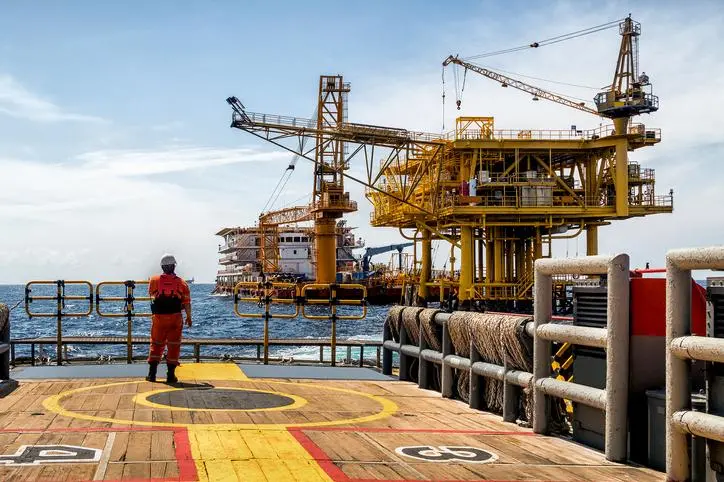PHOTO
LONDON- Oil prices declined on Wednesday as data suggesting a smaller-than-expected fall in U.S. crude inventories countered support from hopes for a U.S.-China trade deal.
Brent crude futures were down 51 cents at $61.63 a barrel by 1323 GMT.
U.S. West Texas Intermediate crude fell 25 cents to $53.65 a barrel. On Tuesday, it had recorded its biggest daily rise since early January.
After weeks of swelling, U.S. crude stocks fell by 812,000 barrels last week to 482 million, the American Petroleum Institute said on Tuesday, a smaller fall than the 1.1-million-barrel drop analysts had expected.
Official estimates on U.S. crude stockpiles from the U.S. government's Energy Information Administration are due at 1430 GMT.
U.S. President Donald Trump offered some support, saying preparations were starting for him to meet Chinese President Xi Jinping next week at the G20 summit in Osaka, Japan.
Trump has repeatedly threatened to slap more tariffs on Chinese goods.
European Central Bank President Mario Draghi also offered a boost, saying on Tuesday that the central bank would ease policy again if inflation failed to accelerate.
Tensions remain high in the Middle East after last week's tanker attacks. Fears of a confrontation between Iran and the United States have mounted, with Washington blaming Tehran, which has denied any role.
Trump said he was prepared to take military action to stop Iran having a nuclear bomb but left open whether he would approve the use of force to protect Gulf oil supplies.
On Wednesday, oil markets shrugged off a rocket attack on a site in southern Iraq used by foreign oil companies.
"It is interesting to note that the crude oil futures market could not rally on hawks planting bombs in the Strait of Hormuz but could rally on doves planting quantitative easing," Petromatrix's Olivier Jakob said in a note.
"This is an oil market that doesn’t know how to react when an oil tanker blows up but knows how to react when the head of a central bank makes some noise."
Members of the Organization of the Petroleum Exporting Countries have agreed to meet on July 1, followed by a meeting with non-OPEC allies on July 2, after weeks of wrangling over dates.
OPEC and its allies will discuss whether to extend a deal on cutting 1.2 million barrels per day of production that runs out this month.
(Additional reporting by Aaron Sheldrick in TOKYO Editing by Edmund Blair and Dale Hudson) ((Shadia.Nasralla@thomsonreuters.com; +44 207 542 5083; +44 778 99 43141; Reuters Messaging: Reuters Messaging: shadia.nasralla.reuters.com@reuters.net))





















